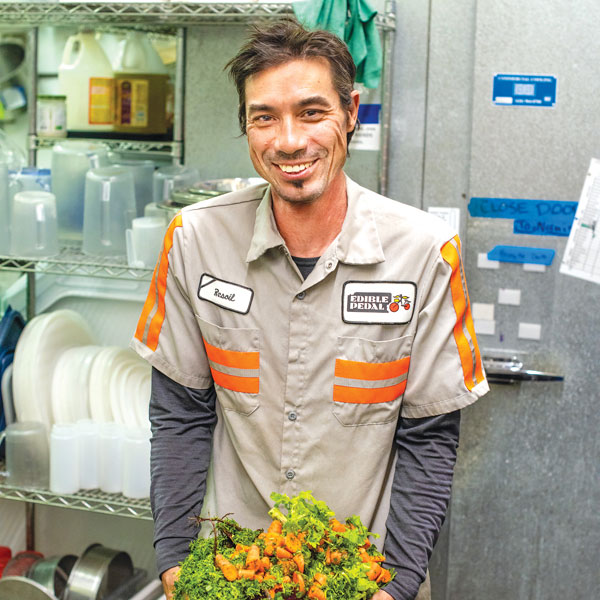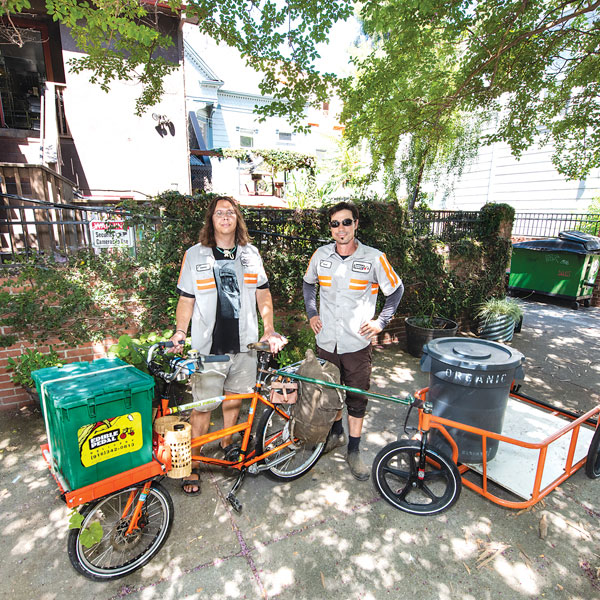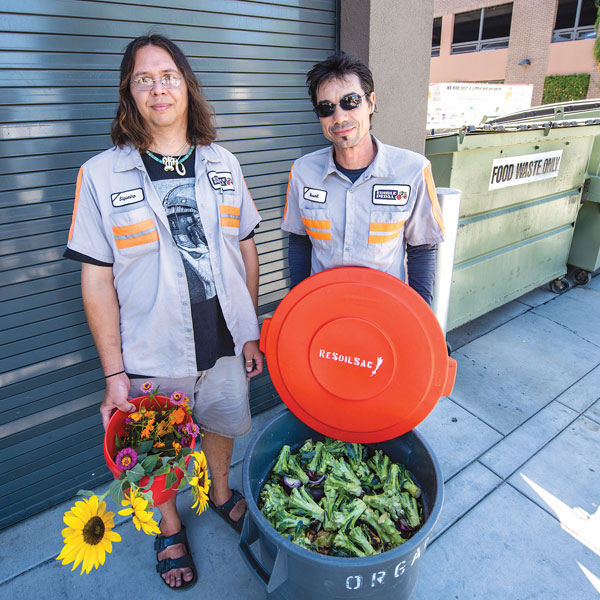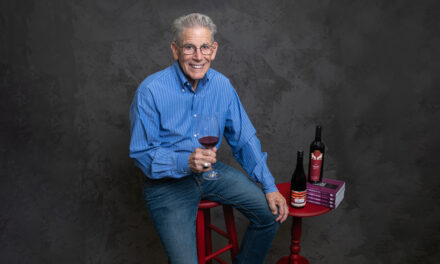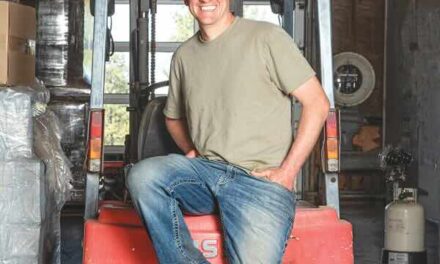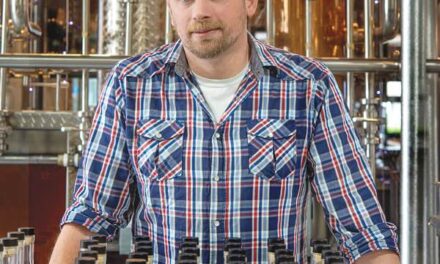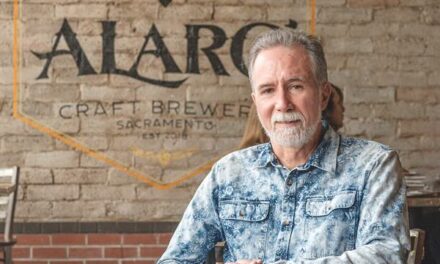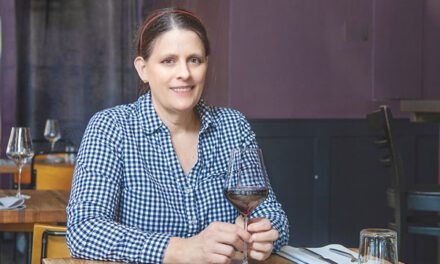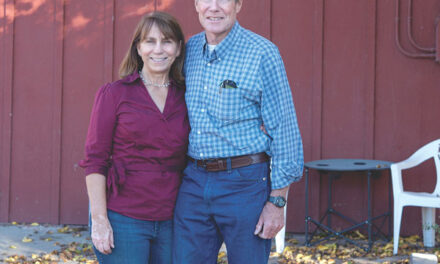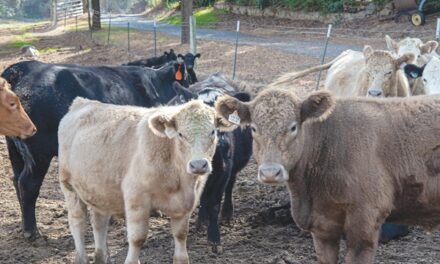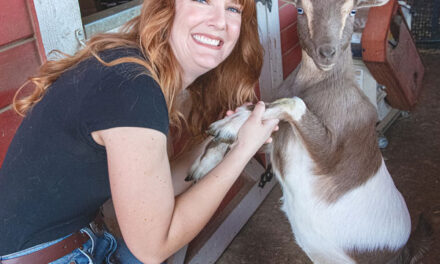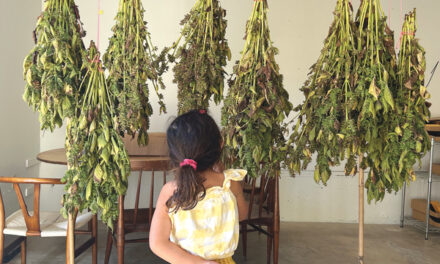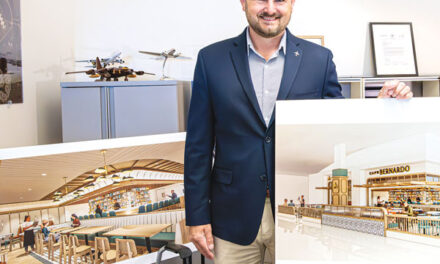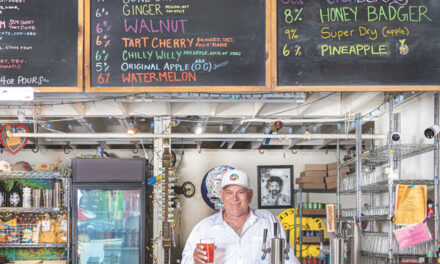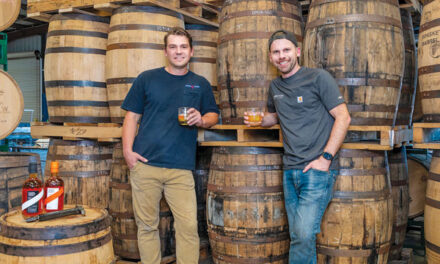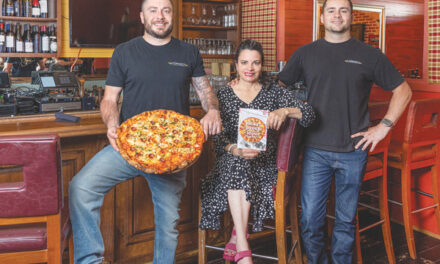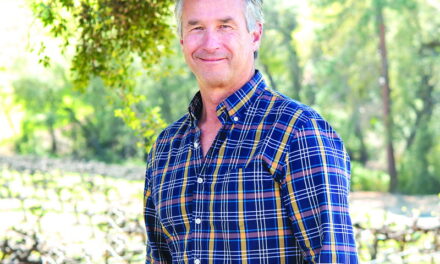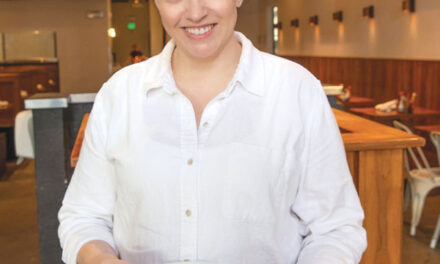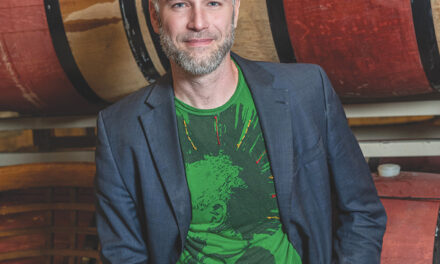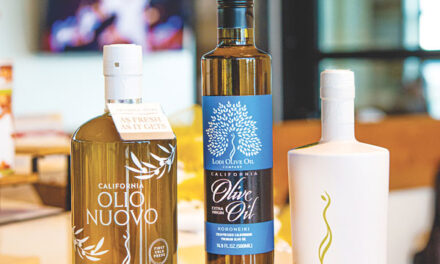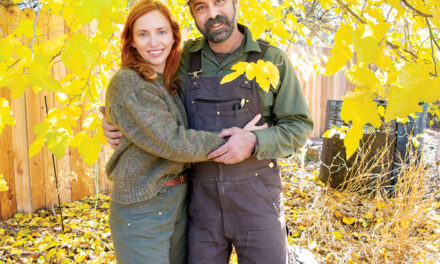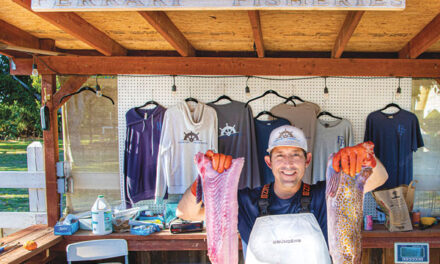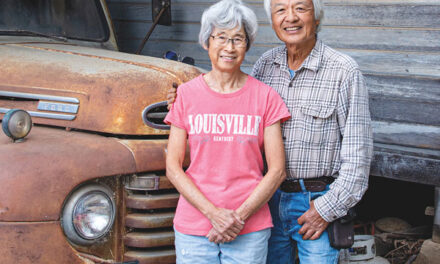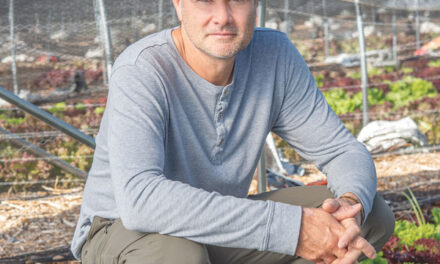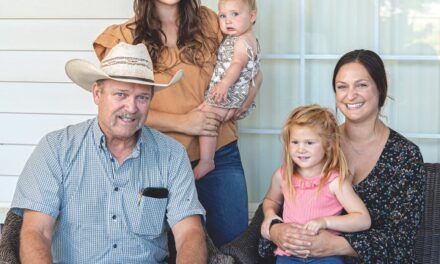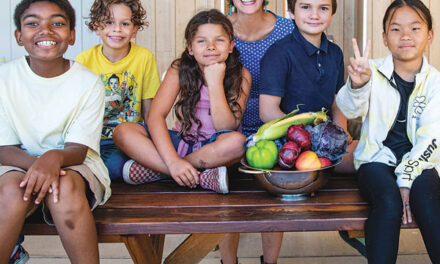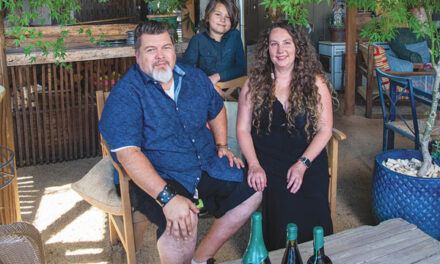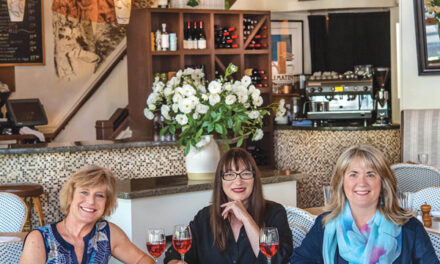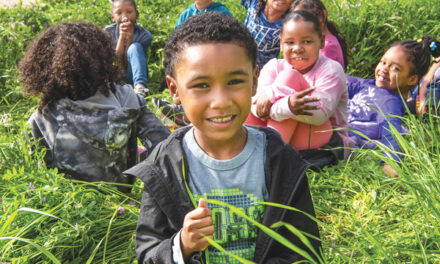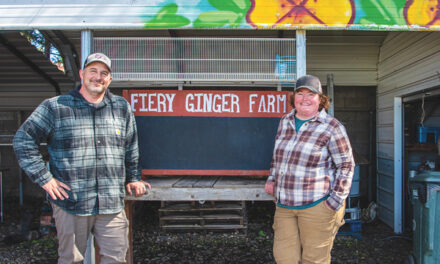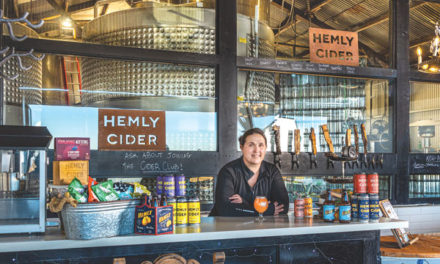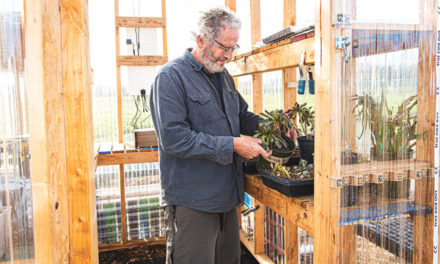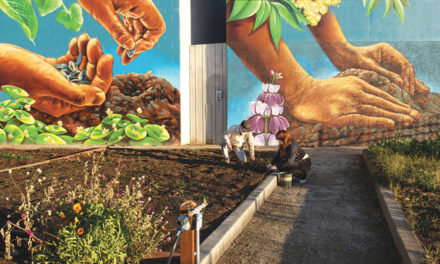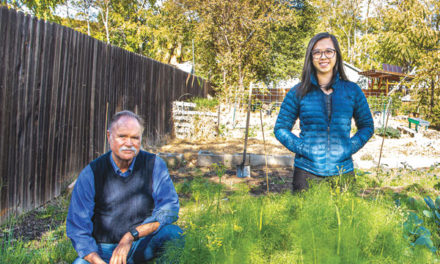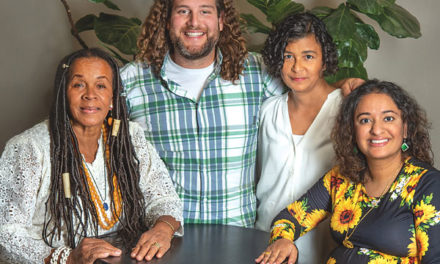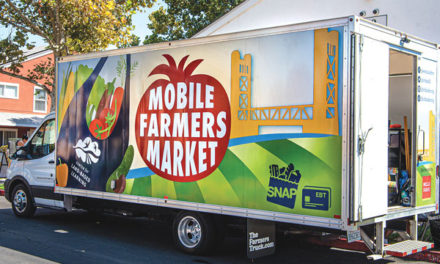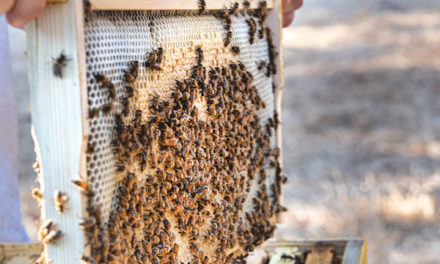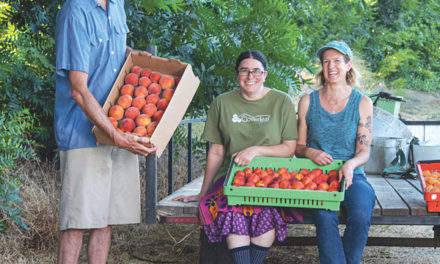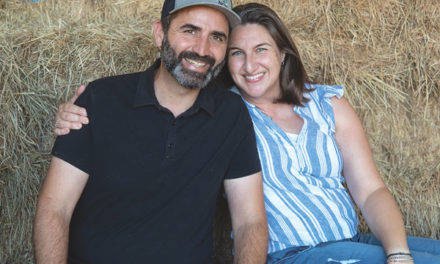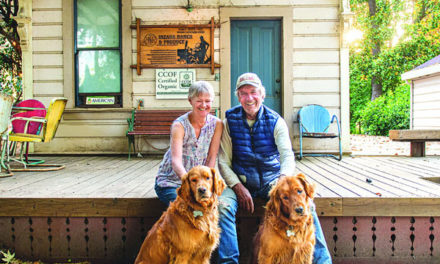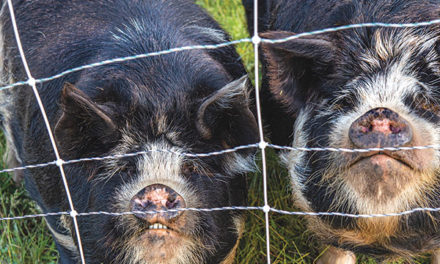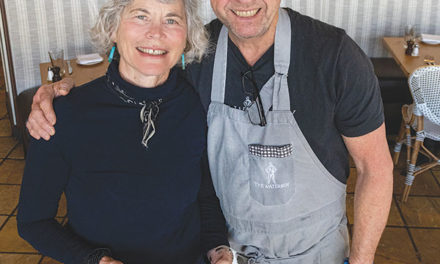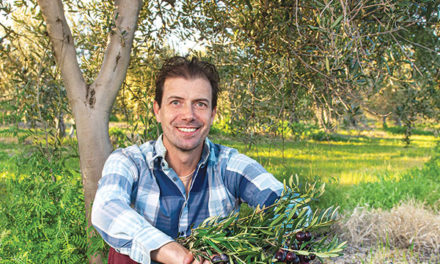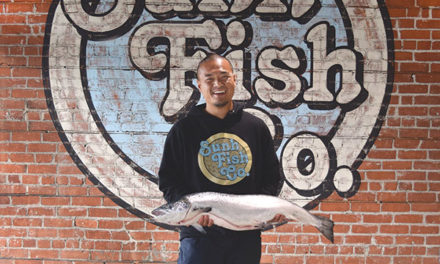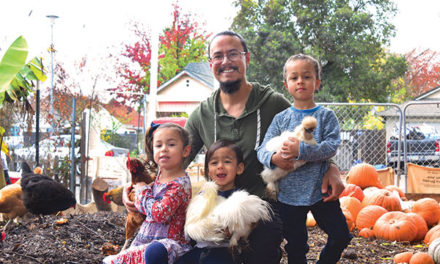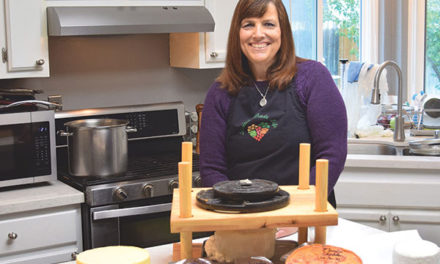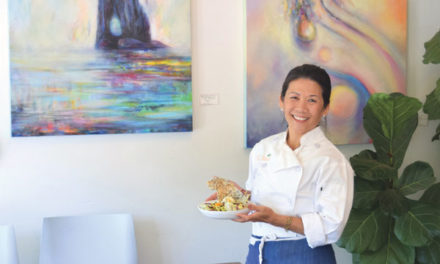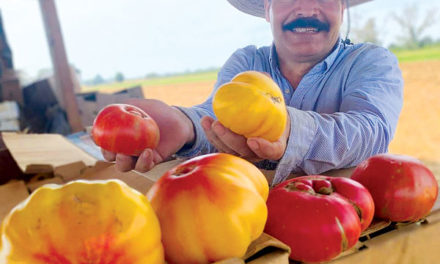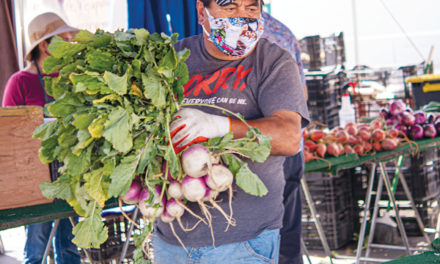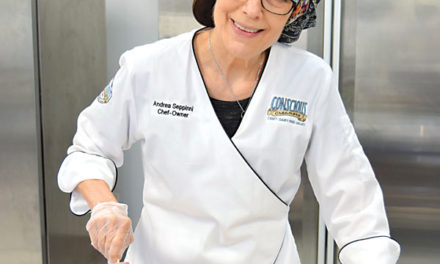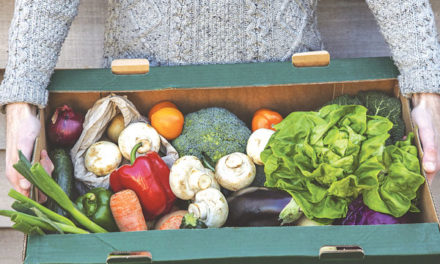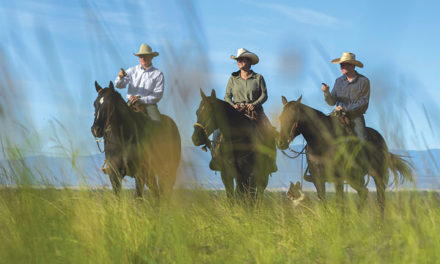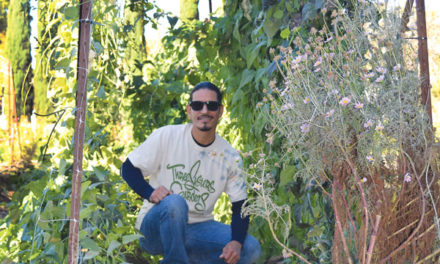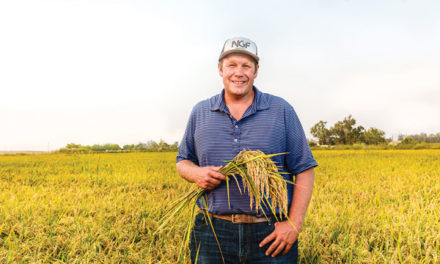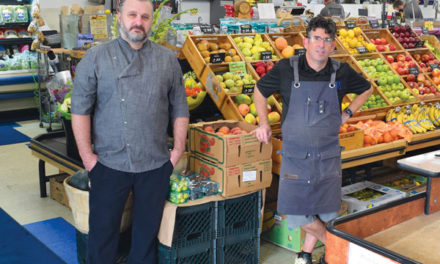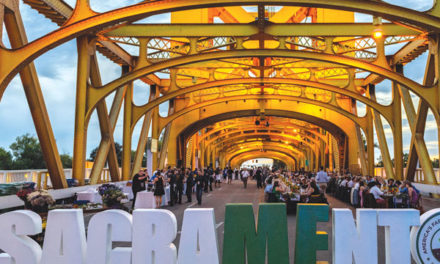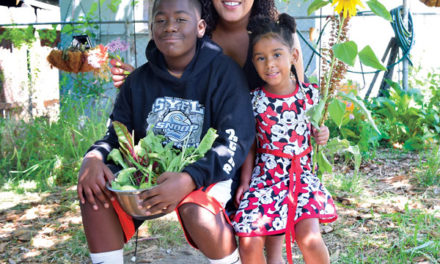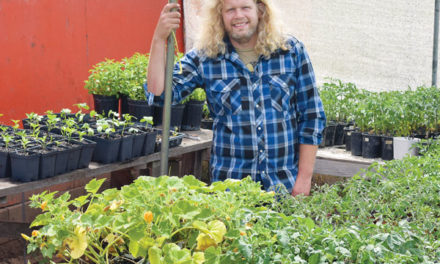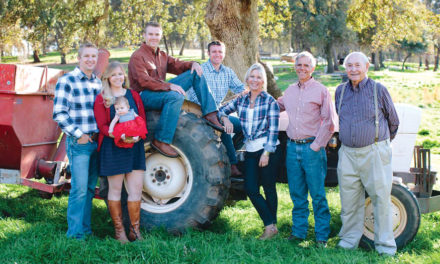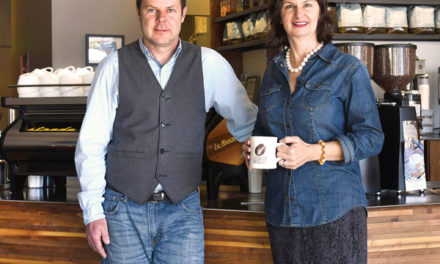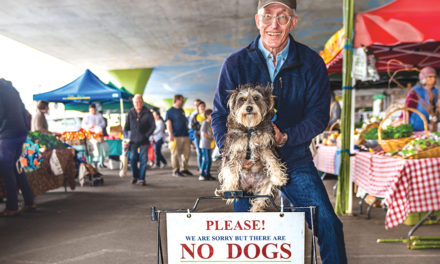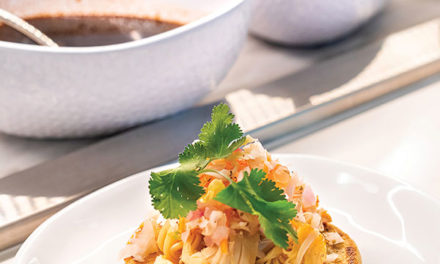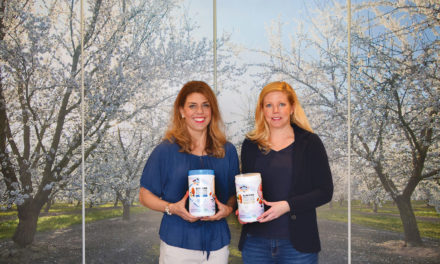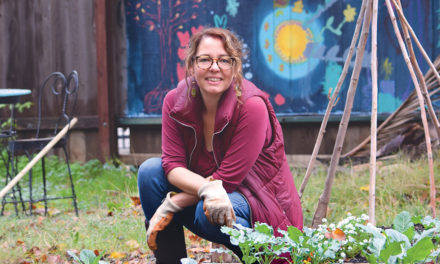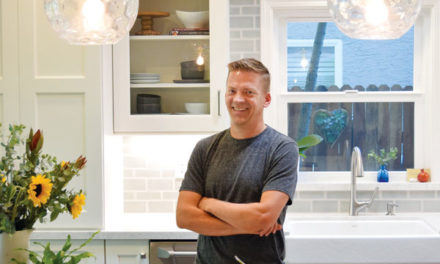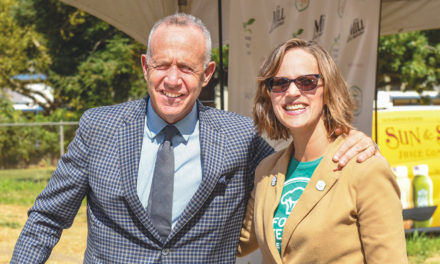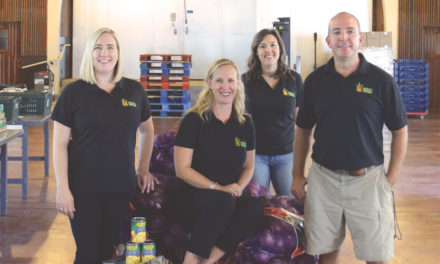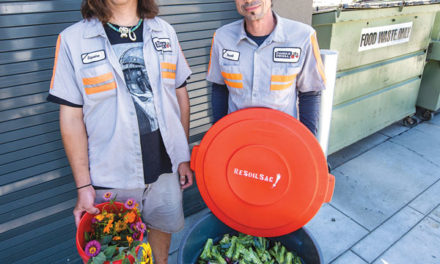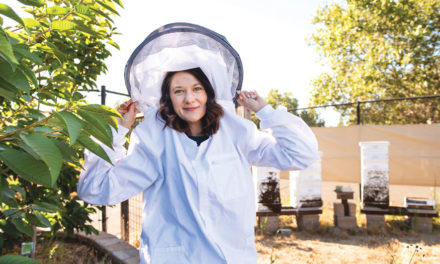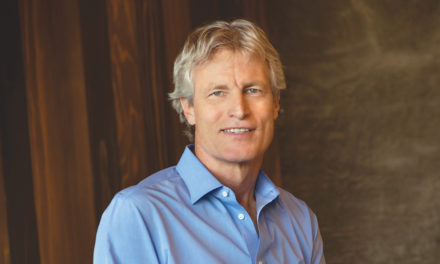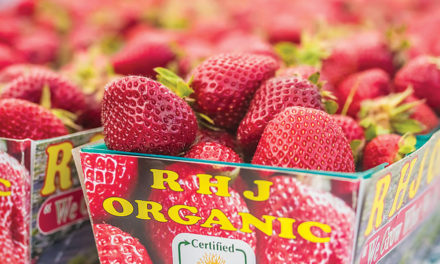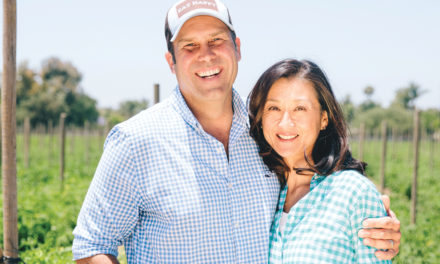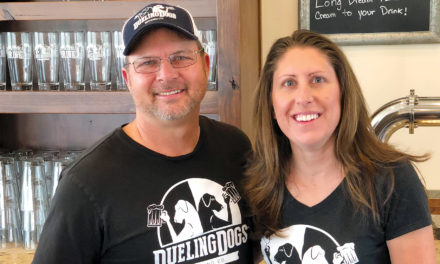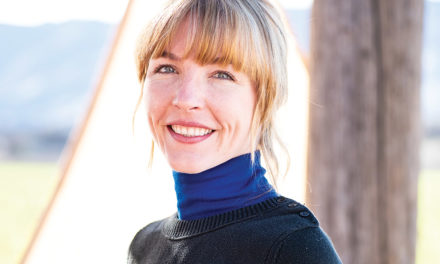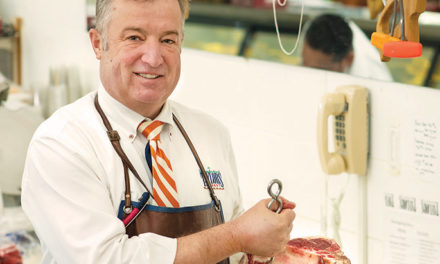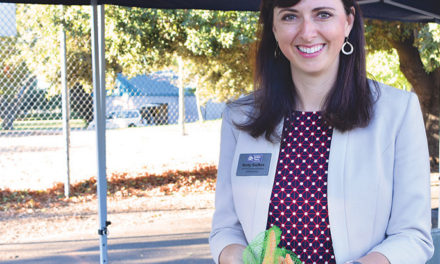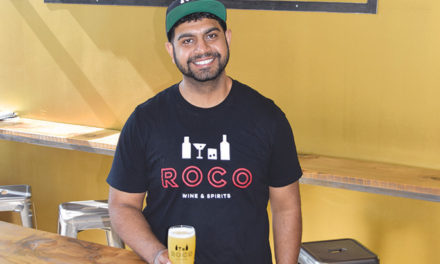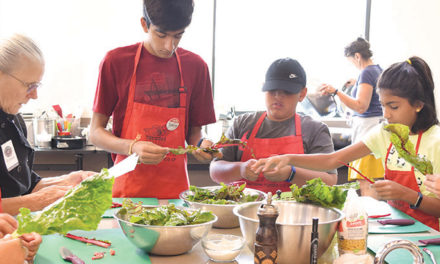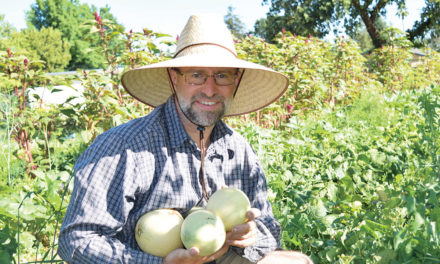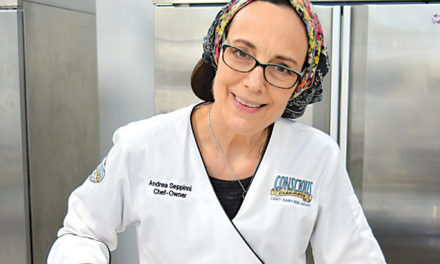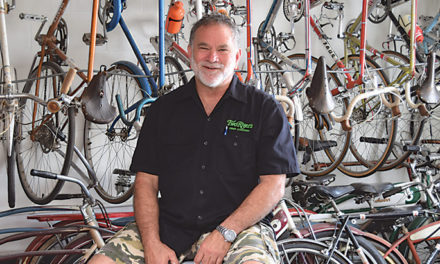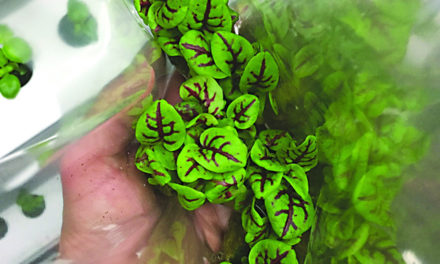Cycle of Life
ReSoil helps bring the fork back to the farm
By Tessa Marguerite Outland
September 2019
As the farm-to-fork capital, Sacramento is devoted to fresh, local, sustainable farming and food. But what happens after the “farm” reaches the “fork?” To bring the fork back to the farm and complete the natural cycle of composting, David Baker developed ReSoil Sacramento.
Baker moved to Sacramento from the Bay Area and started working at Selland’s Market Cafe as a wine steward. While in the Bay Area, Baker noticed others taking restaurant food scraps and sending them back to a farm to be used as compost. Being an earth-minded individual, he decided to start a similar project in Sacramento. After a sundry of unfruitful attempts, Baker began ReSoil Sacramento through the educational nonprofit Green Restaurants Alliance Sacramento.
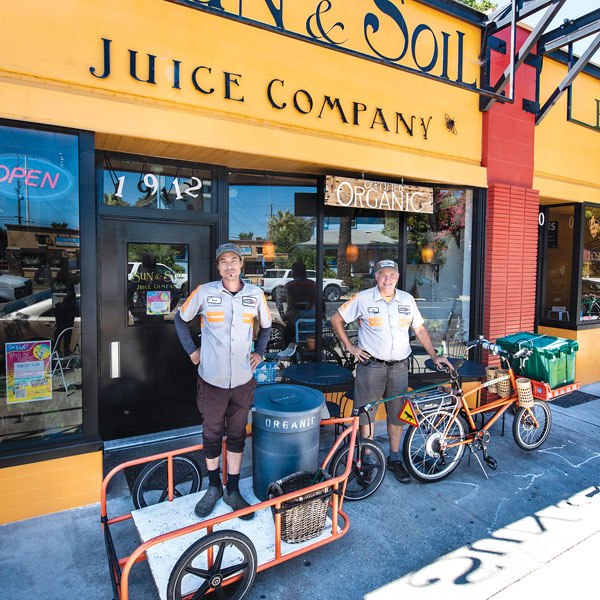
ReSoil Sacramento is a community compost network that partners with local restaurants, schools and businesses to bring farm to fork back to the farm. Since its development in 2014, ReSoil has diverted an impressive 1 million pounds of food waste from landfills and returned it to Sacramento soils.
California law mandates that all counties divert organic waste from landfills to reduce greenhouse gases. Food and other organic waste produce methane, which is particularly harmful to the environment. Composting is one of the simplest and best ways to reduce the potential harm of food and organic waste.
“Community composting is one way that communities can act to reduce greenhouse gases and build healthy, climate-resilient neighborhoods,” Baker says.
After the food waste is collected from a restaurant or business, Baker and his team bring the compost to wherever it’s needed in the city. That could be a Midtown community garden, edible schoolyard, urban farm, private and public landscapes, or the International Rescue Committee garden for refugees in West Sacramento. “We’re like brokers of this material,” Baker explains.
One of ReSoil’s first partnerships in Midtown and East Sac was with The Waterboy. “There’s a lot of emphasis in Sacramento on our incredible farmers and what the valley produces,” says Rick Mahan, chef and owner of The Waterboy and OneSpeed.
“It is important that, as a community, we are just as concerned about giving back to the land and making sure we’re living as sustainably as possible so we can continue to enjoy the fruits.”
Mahan believes it is important to be mindful of all the details involved in owning and operating a restaurant. “We carefully select our purveyors, focusing on small businesses that are responsibly run and who make quality products, whether it be tomatoes, cheese, wine or anything in-between,” Mahan says. “We carry that mentality through our preparation of the food and our service to guests. Participating with ReSoil allows us to take that mentality full circle and responsibly deal with our waste so it can produce something new.”
Another of ReSoil’s first partnerships was with Selland’s Market Cafe. Selland’s and The Waterboy “worked with us and trained their employees, and respect their waste meticulously,” Baker comments.
The program now has 17 partners including Thai Basil, Sun & Soil Juice Company, Hot Italian, OneSpeed, Sacramento Natural Foods Co-op, Chocolate Fish Coffee Roasters, Magpie Cafe, Crocker Cafe, individuals at Midtown Farmers Market and even the Sacramento Zoo. “Animals eat healthier than people do!” Baker laughs.
Through educating others, both older and younger generations, about the importance and natural simplicity of turning food scraps into compost, Sacramento could become a haven of healthy communities. “We really think Sacramento could be the leading regenerative city,” Baker says.
ReSoil is seeking dedicated volunteers and supporters who want to help the program grow and promote a sustainable food community. Individuals can also contribute by donating food scraps at ReSoil’s free community drop off at the Midtown Farmers Market on Saturdays from 8 a.m. to 1 p.m. at 20th and J streets.
“Everybody can play a part in addressing climate change and greenhouse gasses,” Baker says. “We don’t need to wait for the city, per se. We could all get together and actively take part.”
Visit grasacramento.org to learn more about ReSoil and the other programs connected to Green Restaurants Alliance Sacramento.
Tessa Marguerite Outland can be reached at tessa.m.outland@gmail.com. Follow us on Facebook, Twitter and Instagram: @insidesacramento.



